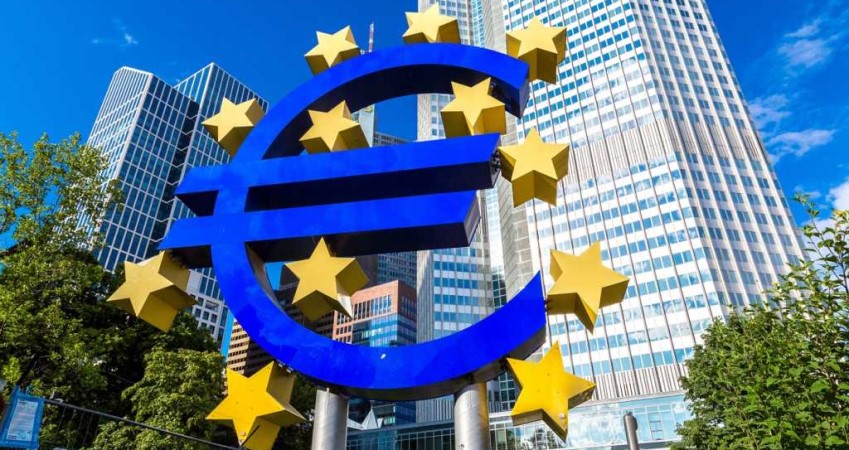
Inflation in the eurozone finally reached 1.9 percent on an annual basis in June. This is in line with an earlier estimate by the European statistical office Eurostat. The rising prices of energy, food and raw materials such as wood, among other things, are driving up prices.
That is why investors and economists have been looking forward to the figures.
Rising inflation is an indicator of the economy overheating. That now seems to be the case, but central bankers and economists think this is mainly due to the sudden shutdown of the economy due to the corona crisis and the rapid recovery after that. So they see the currency depreciation as something temporary.
Nevertheless, the financial markets are not reassured. For example, suppose inflation rises above 2 percent and stays there for a more extended period. In that case, central banks such as the European Central Bank (ECB) and the Federal Reserve in the United States may be more inclined to stop corona support for the economy or to raise interest rates more quickly to increase.
Many companies are already dealing with rising prices for the raw materials they purchase, including in industry and construction. For example, there are shortages of wood, but also things like computer chips. This makes them more expensive. Increasingly, these higher prices are also passed on to consumers to buy relatively less with one euro.
To determine whether inflation is getting too high, central bankers also look at so-called core inflation. The fluctuating prices of energy, food and stimulants such as alcohol and tobacco are not included in this indicator. Core inflation stood at 0.9 percent year-on-year in June. That was 1 percent in May.
Inflation is now more or less in line with the ECB’s target. In May, inflation in the euro area was at 2 percent, its highest level since October 2018. Within the eurozone countries, the highest inflation rate was measured in Estonia at 3.7 percent. In Portugal, there is negative inflation of minus 0.6 percent. According to Eurostat, inflation in the Netherlands was 1.7 percent.
